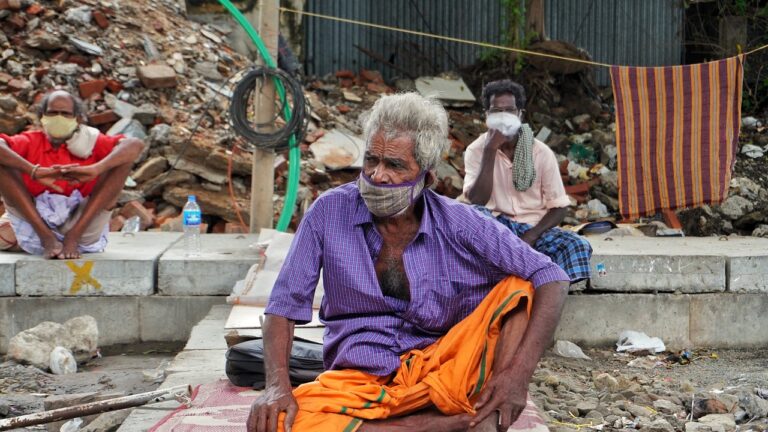Assessing the Role of Election Monitors in Ensuring Fairness
Observing and scrutinizing the electoral process through monitoring is vital in upholding democratic principles and ensuring fair and transparent elections. Election monitoring plays a crucial role in promoting accountability, transparency, and integrity in electoral processes. By having independent monitors present during elections, it helps to detect and prevent potential election irregularities, fraud, and other malpractices, thereby fostering trust in the electoral system.
Moreover, the presence of election monitors contributes to enhancing public confidence in the electoral process and the legitimacy of election outcomes. When citizens perceive elections as free and fair, they are more likely to actively participate in the democratic process and accept the results, thereby strengthening the democratic fabric of a society. Election monitoring serves as a safeguard to protect the rights of voters and uphold the fundamental principles of democracy, ultimately contributing to the stability and credibility of a nation’s political system.
Historical Background of Election Monitoring
Election monitoring has a long history that traces back to ancient civilizations, where systems were put in place to ensure fair and just electoral processes. The concept of overseeing elections to guarantee transparency and accuracy has evolved over time, adapting to the changing political landscapes of different societies.
One of the earliest documented forms of election monitoring dates back to the Roman Republic, where officials were appointed to oversee the voting process and prevent any fraudulent practices. This practice of monitoring elections continued through the ages and became more formalized in the modern era with the establishment of international organizations and NGOs dedicated to ensuring free and fair elections globally.
• Election monitoring has a long history that traces back to ancient civilizations
• Systems were put in place to ensure fair and just electoral processes
• The concept has evolved over time, adapting to changing political landscapes
• One of the earliest documented forms dates back to the Roman Republic
• Officials were appointed to oversee voting process and prevent fraud
• Monitoring elections became more formalized in modern era with international organizations and NGOs dedicated to ensuring free and fair elections.
The Responsibilities of Election Monitors
Election monitors play a crucial role in ensuring free and fair elections by observing the entire electoral process. Their primary responsibility is to monitor polling stations to ensure that voters are able to cast their votes without any interference or intimidation. By providing an unbiased assessment of the election process, monitors help uphold the integrity of the democratic process and build public trust in the outcome of the elections.
In addition to monitoring polling stations, election monitors are tasked with documenting any irregularities or violations of electoral laws that may occur during the voting process. This information is then compiled into a report that highlights any issues that may have occurred, allowing for transparency and accountability in the election process. By fulfilling their responsibilities diligently, election monitors contribute to the promotion of democracy and the protection of citizens’ rights to participate in free and fair elections.
What is the importance of election monitoring?
Election monitoring plays a crucial role in ensuring free and fair elections by observing the electoral process, promoting transparency, and deterring fraud and irregularities.
What is the historical background of election monitoring?
Election monitoring has roots dating back to the 19th century when international observers were first deployed to oversee elections in various countries. Since then, election monitoring has become a common practice to safeguard democratic processes.
What are the responsibilities of election monitors?
Election monitors are responsible for observing polling stations, monitoring voter registration and turnout, investigating complaints of electoral fraud, and reporting their findings to relevant authorities. They play a vital role in upholding the integrity of the electoral process.







